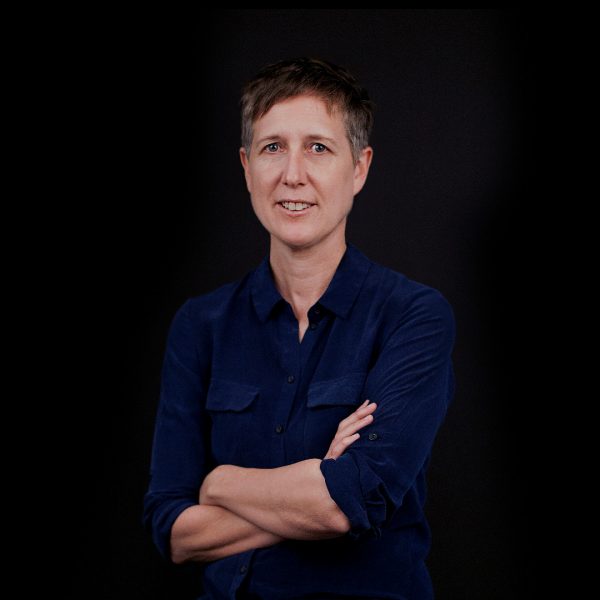What will it take? “And beware of advice from experts, pigs, and members of Parliament.”

In 1986 I was 19 years old and living away from home for the first time. While I was studying for an entry-level qualification in childcare, I was possibly more interested in 80’S pop group Duran Duran than beginning a career and developing a professional identity. Now, 1986 is all a bit of a blur but there is one thing from this year that I have a vivid memory of.
In October 1986, 20,000 Nurses went on strike for 50 days. Irene Bolger, then branch secretary of the Royal Australian Nursing Federation (RANF), described this time as “50 days of rage”. I think I remember this so well because it was organised by women and for women and they were powerful. A look at archival photos of the protests shows a sign that says, “Dedication doesn’t pay the rent!”
No. It doesn’t.
I am not the first person to strike parallels between the nursing profession and early childhood educators. These are two largely feminized professions tackling feminist issues. Historically nursing and childcare were the domain of women, who were supposedly more naturally disposed and inclined to work with the sick and the young. These jobs have historically been viewed as women’s work.
This relic has long tentacles and while the wider community may now view nursing through a broader and more professional lens, the same change in status has not been afforded to early childhood educators. Why doesn’t early childhood care and education have a higher professional profile in Australia and why isn’t it remunerated properly?
Recent COAG reforms in the early learning sector have seen far reaching positive changes to the way early learning is delivered and to the workforce that delivers it, however the struggle for pay equity and the raising of the professional status of our early childhood workforce in Australia, remains ongoing and complex.
In Australia, early learning is viewed through an economic lens and more increasingly a neo liberal economic lens that values money, outcomes, and regulations. The provision of childcare has also long been linked to women’s work force participation with the benefits of early learning almost being a side bar to the main goal of getting women back to work.
This is ironic as; in the provision of early learning in Australia there is no relationship between what parents pay and the quality of the service they receive.
So what is stopping our advancement as a profession? There continues to be some discussion about whether the field of early childhood education and care is a profession and whether it meets generally agreed upon criteria for determining whether a job is a profession or just a job.
I think early childhood education and care is a profession, albeit a somewhat fragmented and under-resourced one.
So what will it take?
It will take a government that highly values quality early learning and pays professionals appropriately to deliver these types of programs to all children.
It will take the community to demand quality and affordable early learning as well as the appropriate remuneration of the professionals who work within these spaces.
It will take the approximately 194, 900 early learning staff employed across Australia currently, the majority of whom are female with a median age of 28 years old to become activists from within.
How to do this? Get political. Join a union, talk to your local member of Parliament, support a campaign,and perhaps more importantly talk about it.
Talk about it with colleagues, with families and with children. But more importantly, talk about it with people beyond the field of early childhood care and education. Early childhood education is a community issue and we should be looking to garner support and ideas from the broader community.
What can people beyond our boundaries contribute to this conversation?
In 2019, I will have been working in the early learning space for 30 years and while there have been many achievements and reforms it feels like that while some things have changed, much has not. Childcare has always been historically a female issue. It still is. I do not think that anybody disagrees that we need to invest in a stable and professional early learning workforce, however unless the way the profession views and politicises itself changes, nothing changes.
This might be our uncomfortable truth.
Popular

Quality
Practice
Provider
Research
Workforce
Honouring the quiet magic of early childhood
2025-07-11 09:15:00
by Fiona Alston

Policy
Practice
Provider
Quality
Workforce
Minister Jess Walsh signals urgent action on safety and oversight in early learning
2025-07-11 08:45:01
by Fiona Alston

Workforce
Policy
Quality
Practice
Provider
Research
The silent oath: Why child protection is personal for every educator
2025-07-17 09:00:31
by Fiona Alston











